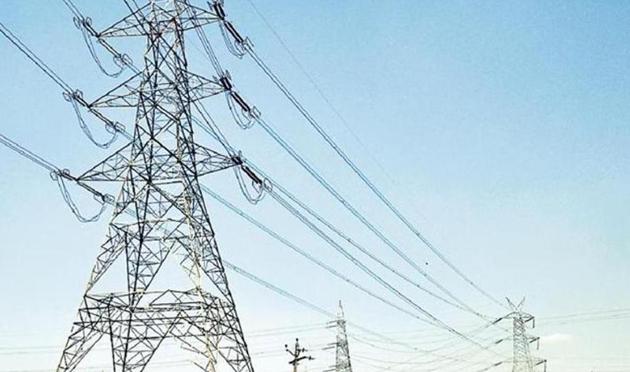UP: Discoms to pay up to 30% of consumer’s previous bill in case of performance glitches
The UP Power Corporation Ltd owned discoms or other power utilities in the state may soon be liable to paying a fine to consumers if they (the companies) fail to meet the specified standards of performance (SoPs) while delivering various services.
The UP Power Corporation Ltd owned discoms or other power utilities in the state may soon be liable to paying a fine to consumers if they (the companies) fail to meet the specified standards of performance (SoPs) while delivering various services.

The monetary penalty may range between 2% to 30% of the aggrieved consumers’ bill amount of the previous month, according proposed amendments to the Electricity Act, 2003.
The fine amount will be adjusted in the next bill after their grievance is found to be correct.
The proposed amendments to the Electricity Act, 2003, as circulated by the Union power ministry last month for the stakeholders’ comments, makes a provision in this regard more clearly and emphatically than what the present law provides. It also addresses the pre-payment/prepaid meter consumers.
The long-pending bill, according to sources, may be tabled in Parliament in the forthcoming winter session for its passage after which it will be called the Electricity (Amendment) Act, 2018.
According to the proposed amendment to Section 57 (protection of consumers) of the Electricity Act 2003, the appropriate commission (State Electricity Regulatory Commission in case of UP) may specify the standards of performance of a licencee or a class of licencees.
Under the new SoPs already laid down in the proposed Act, the licencee (power distribution company) will have the obligation to supply 24X7 power to its consumers.
In case of power cuts, other than reasons attributed to distribution or technical faults, an appropriate penalty as determined by the SERC, will be levied on the discom and credited to account of the respective consumers. The response time, as specified by the commission for rectification of different types of faults, will come under this category.
Uttar Pradesh Rajya Vidyut Upbhokta Parishad chairman Avadhesh Kumar Verma said, “We hope the new law will work, though the discoms’ track record in meeting SoPs and the regulator’s in taking any action in case of non-compliance has been pathetic so far.”
“What is significant is that the proposed amendment seeks to fix the minimum and maximum penalty in the Act itself, unlike at present,” people familiar with the matter said.
“The minimum penalty and the compensation on each default on the standards of performance would be 2% of the bill amount of the previous month or the previous month and the amount would be adjusted in the next billing cycle,” says the proposed amendment.
“In case of prepaid meter consumers, 2% of the total amount for which electricity has been consumed during the previous month, would be credited into the consumer’s bill in the next month,” it added.
The maximum amount of compensation will, however, not exceed 30% of the bill amount of the previous month during the first year of notification of the Electricity (Amendment) Act, 2018, it clarifies.
A new sub-section 59A says that the state government may recommend revocation of the distribution licence of the company if it receives a complaint about the company having failed to discharge its functions, including with regard to SoPs, and the complaints are found to be true.
The proposed Act also lays a lot of emphasis on the distribution companies necessarily purchasing a certain amount of renewable energy and authorizing the regulator to impose fine in case of non-compliance. The penalty thus imposed is proposed to be mimimum of ₹1 per unit and maximum of ₹5 per unit to the extent of shortfall of energy to be complied under renewable purchase obligation.
The proposed Act seeks payment of any power subsidy to consumers through direct benefit transfer (DBT) into the bank accounts of the beneficiaries as is the case with the LPG subsidy.
The state’s powermen have, however, opposed the revised version of the Electricity Act, 2003 saying the overall objective of the new law as to provide more benefits to the private companies.
“While some of the provisions may appear to be consumer-friendly, finally the consumers will find themselves at the receiving end since the amendments seek to strengthen the private sector at the cost of the public sector,” All-India Engineers’ Federation chairman Shailendra Dubey claimed.
The revised version of the Act, he said, sought to divide the distribution of power into carriage (the distribution network carrying electricity to consumers) and supply or the sale of electricity to consumers.
“Basically, the government discoms will lay down the wires that carry the electricity up to consumers while private companies will actually sell the power to consumers, a more profitable venture that private companies will be more than eager to grab,” Dubey said.






